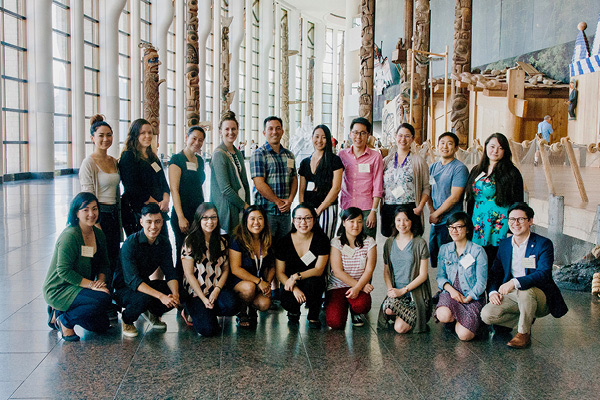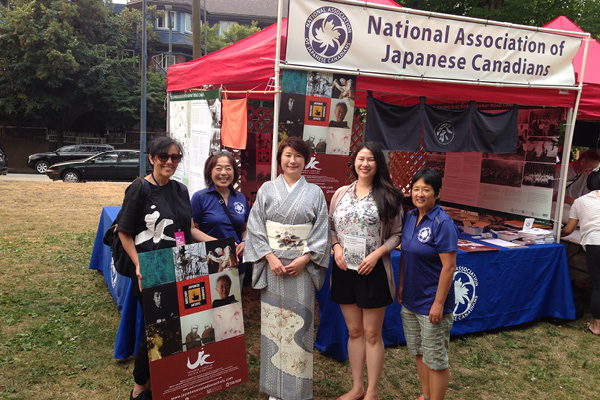By Terry Watada
Intergenerational trauma is real and alive in communities deeply affected by residential schools. You can’t attempt cultural genocide for 140 years, for seven generations – the last of these schools closing their doors in 1996 – and not expect some very real fallout from that. Attawapiskat is a brutal example.
Joseph Boyden
Maclean’s Magazine
April 13, 2016
As of this writing, a state of emergency exists in Attawapiskat. Eleven youth attempted suicide in one night; twenty-eight attempted it in March; and 100 attempts happened in the last seven months. These facts played well in the news (on-line, print, radio and television). And the federal and provincial governments acted quickly to help.
All well and good but this was not the first time the northern Ontario Cree reserve made the national news in the last decade or so. Furthermore, there are the other Indigenous communities that have declared a state of emergency because of conditions and suicide attempts. The government reaction to the latest crisis seems knee-jerk at best, band aid at worst. Still, perhaps better than what history has demonstrated. After all, what did previous governments do? Little to nothing as far as I can tell.
So what to do about it? I reiterate my call for economic human rights to be imbedded in the Charter of Rights. The following is what I wrote in my February column.
Canadians know about civil rights and political rights (witness the demand to end police carding, to end sexual abuse and to find justice for missing and murdered indigenous women), but few acknowledge economic human rights; that is, the right to an adequate standard of living that includes but not limited to affordable housing; good, safe food; education; clean water; security when unemployed, disabled or elderly; and health care, mental and physical. If only the Federal Government would recognize these rights in some tangible way then perhaps something could substantially be done to eradicate the ills of the world. As an answer, the politicians and activists alike must work toward placing economic human rights in the Charter of Rights and Freedoms.
Since the 1960s, treaties have been signed concerning international human rights. Unfortunately, they have not been taken seriously. Highly unusual since Canada produced the Universal Declaration of Human Rights that attempted to establish a good standard of living for all. The United Nations asked John Humphrey, a Montreal lawyer, to write it. There have subsequently been eight international human rights treaties signed since then, yet no one takes them seriously. Why? Mainly because no one can enforce them.
Imagine if such rights were in the Charter or any constitution of a country. Then they become enforceable. If a Native Canadian group does not have clean water then they could force the government to issue a boiled water advisory, fly in clean water immediately or provide clean water filters or water cleansing machines for the population. Or if there is a rash of suicide attempts, mental health workers, humanitarian aid and money could be initiated. The government could not say, “We can’t afford it.” Or worse ignore the problem entirely.
Such a measure does not guarantee the end of the problem, but it does place human rights at the heart of every decision the government makes. It in effect guarantees that Native Canadians and others will not be ignored simply because they have no money or influence or they don’t or can’t vote. Economic human rights make the government accountable; they demonstrate that the government is making progress in eradicating the problem.
Other countries have imbedded these rights in their constitutions. South Africa did it to tackle its housing problem. Costa Rica and Guyana have done the same to deal with inadequate education, water and sanitation systems. Finland did also and today it has one of the lowest poverty rates in the world.
So why not Canada? Can’t imagine the country would renege on its various trade agreements. Prime Ministers and Premiers are always making a big show of traveling to foreign countries like China to negotiate and ink such agreements.
Japanese Canadians know what cultural genocide is, the internment and dispersal are the tools to eradication. So we must speak up through our organizations, including the National Association of Japanese Canadians and its chapters, every cultural centre, every social agency and organization. We should lobby our representatives to imbed economic human rights in the Charter of Rights and Freedoms.
For the love of Attawapiskat, we must rise above the narrow concerns of a cultural or community organization. Politicians may only be interested in surviving until the next election, but Canadians must be interested in the survival of its most vulnerable. Japanese Canadians have a stake in that or, more likely, an obligation.
I run the risk of redundancy mainly because my one-time mentor Frank Moritsugu once told me readers quickly forget what you have written from month to month.
Editor’s note: Terry is on hiatus until October. He wishes all a wonderful summer.



